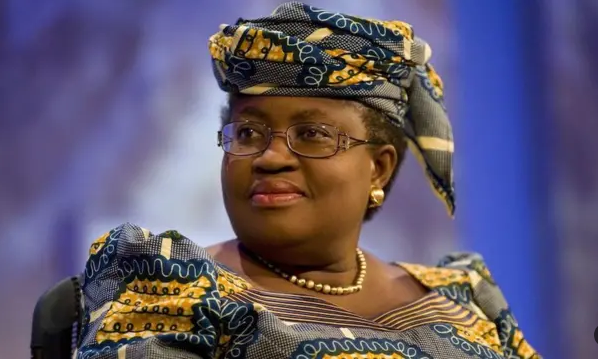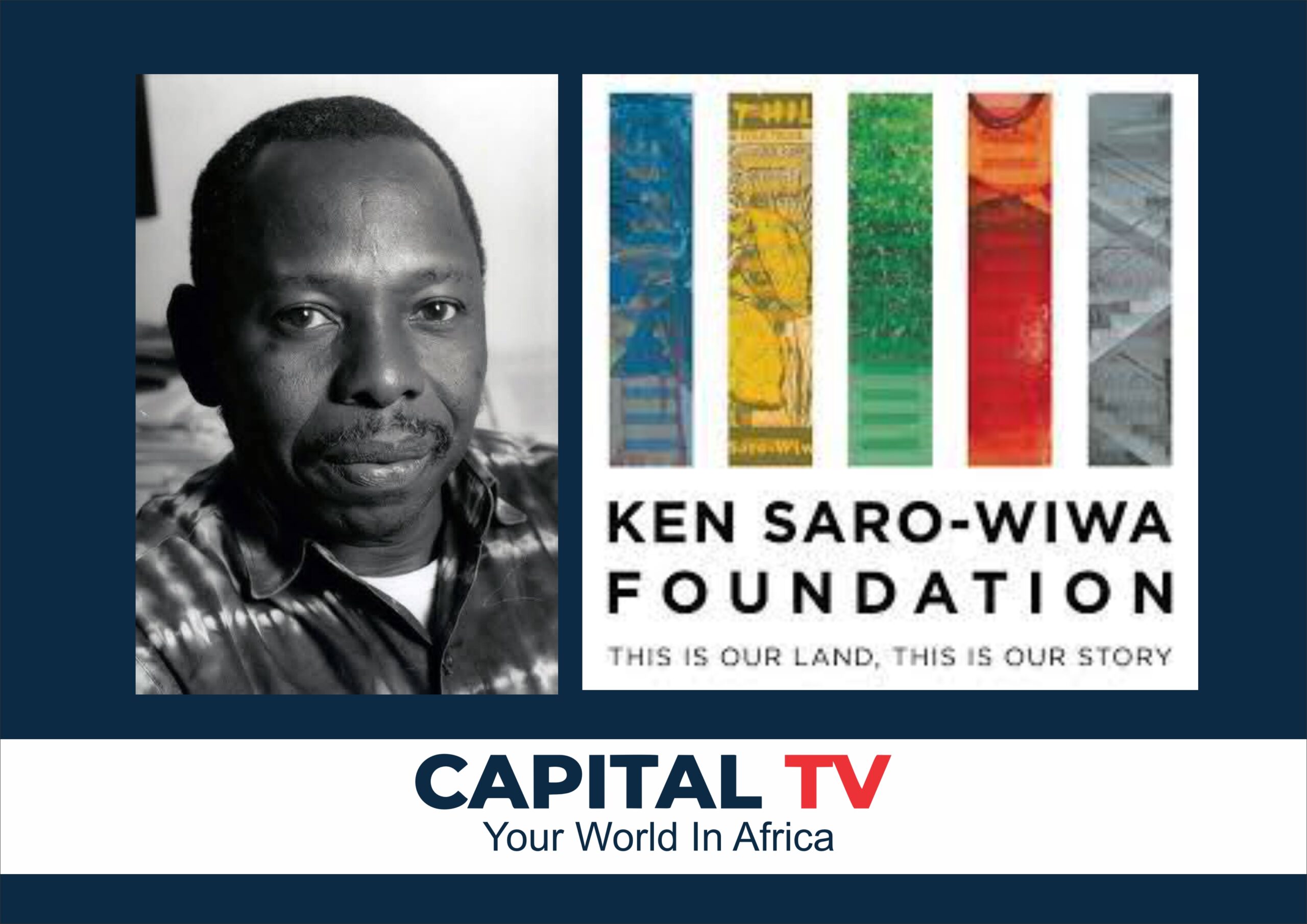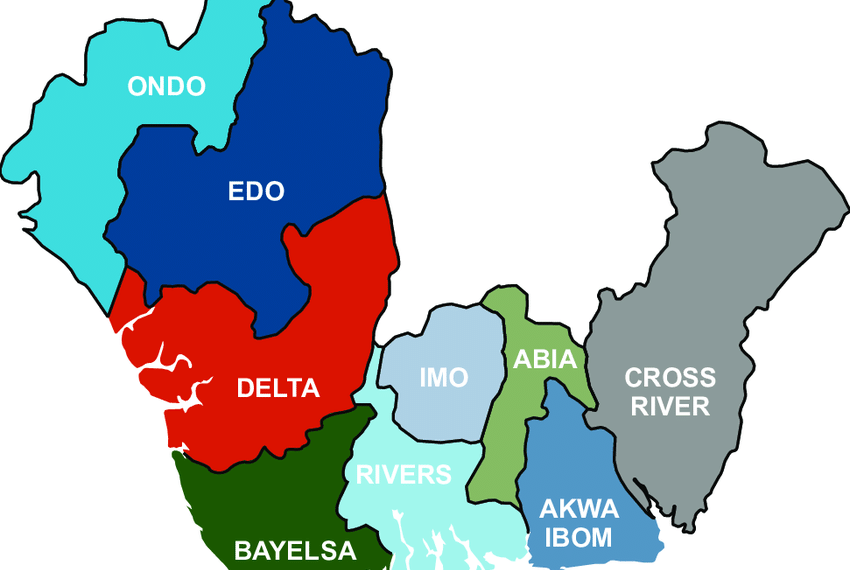Ngozi Okonjo-Iweala, the Director-General of the World Trade Organization, has sounded the alarm on Nigeria’s economic trajectory. In a recent address to the Nigerian Bar Association, she highlighted a concerning trend: the country’s Gross Domestic Product (GDP) growth rate has been steadily declining since 2014, indicating a deterioration in the average Nigerian’s standard of living.
The contrast between the pre-2014 era and the subsequent period is stark. Prior to 2014, Nigeria experienced a decade of robust economic growth, averaging 3.8% annually. This growth rate comfortably outpaced the nation’s population growth, resulting in a tangible improvement in the lives of its citizens.
“We have had episodes of reforms and faster economic growth that were not merely a function of the price of oil. But we have been unable to consolidate and build on them, and millions of our compatriots have paid the price in terms of diminished job prospects and human well-being.
“For example, in the decade between 2000 and 2014, we had an average GDP growth rate of 3.8%, well above our population growth rate of 2.6% per annum, meaning that people were on average truly improving their standard of living.
“During the following decade, average annual GDP per capita has been negative around minus 0.9%, meaning people were worse off because we were not able to sustain prior positive growth momentum,” Okonjo-Iweala added.
Nigeria’s declining GDP growth rate has significant implications for its worsening poverty rate and increasing population.
Rising Poverty: When GDP growth slows or becomes negative, it typically leads to a decrease in job opportunities, reduced income levels, and increased economic hardship. This can push more people below the poverty line, exacerbating existing inequalities.
Strained Social Services: A weakened economy can limit the government’s ability to provide essential social services like healthcare, education, and infrastructure. This can further marginalize vulnerable populations and contribute to a cycle of poverty.
Increased Inequality: Declining GDP growth can disproportionately affect low-income and marginalized communities. This can lead to a widening gap between the rich and poor, contributing to social unrest and instability.
Population Pressure: Nigeria’s rapidly growing population puts additional strain on its resources. When economic growth is sluggish, it becomes more difficult to meet the needs of a growing population, leading to increased poverty and unemployment.
Okonjo-Iweala attributed this downturn to the government’s inability to sustain the positive growth momentum achieved by previous administrations. She emphasized that the challenges faced by the Nigerian Bar Association, and indeed by the nation as a whole, are deeply intertwined with the country’s economic struggles.
To address these challenges and foster sustainable development, Okonjo-Iweala called for a consistent approach to economic policy, regardless of political affiliations. She argued that the country must prioritize long-term economic stability and growth over short-term gains.





